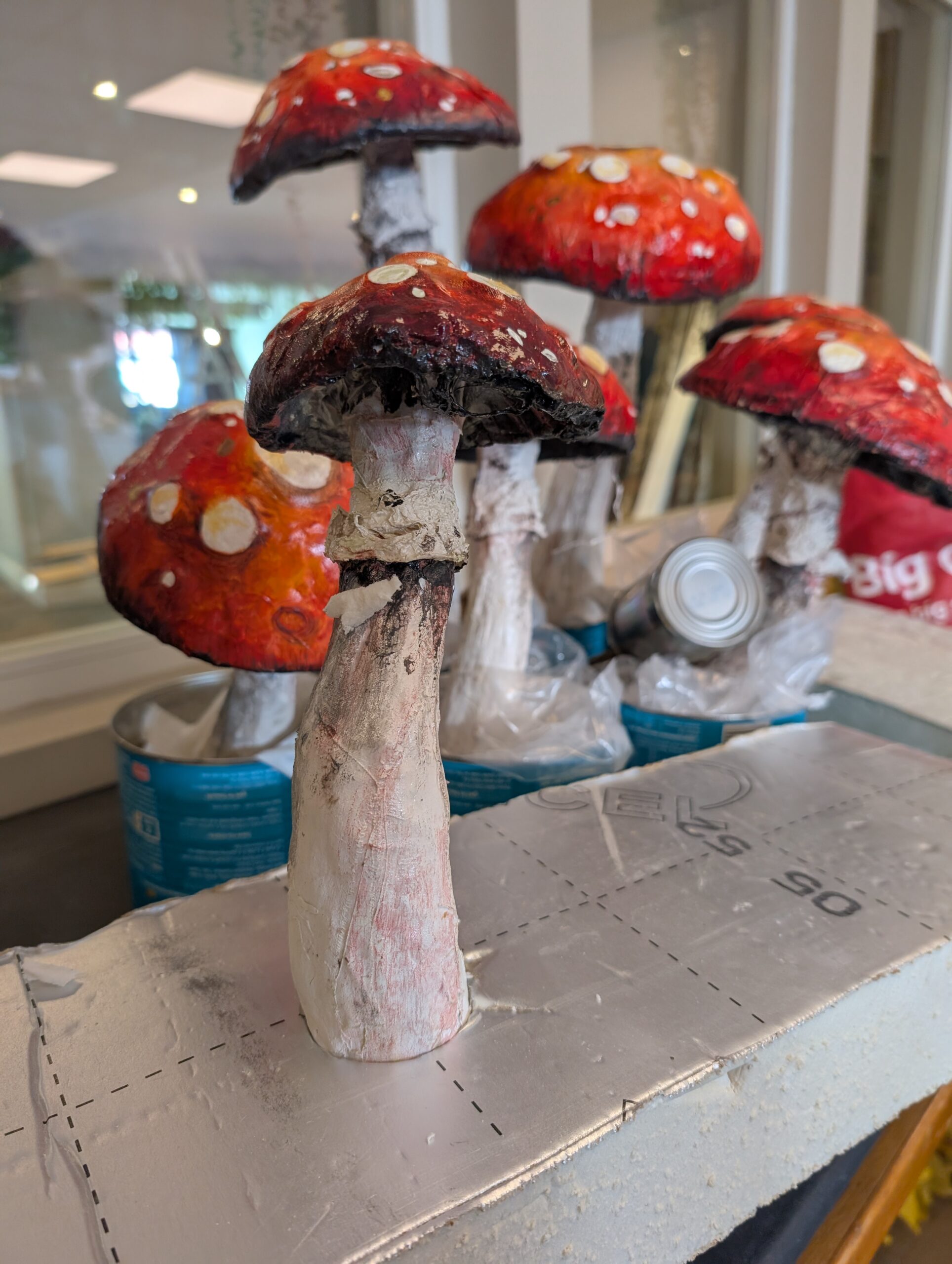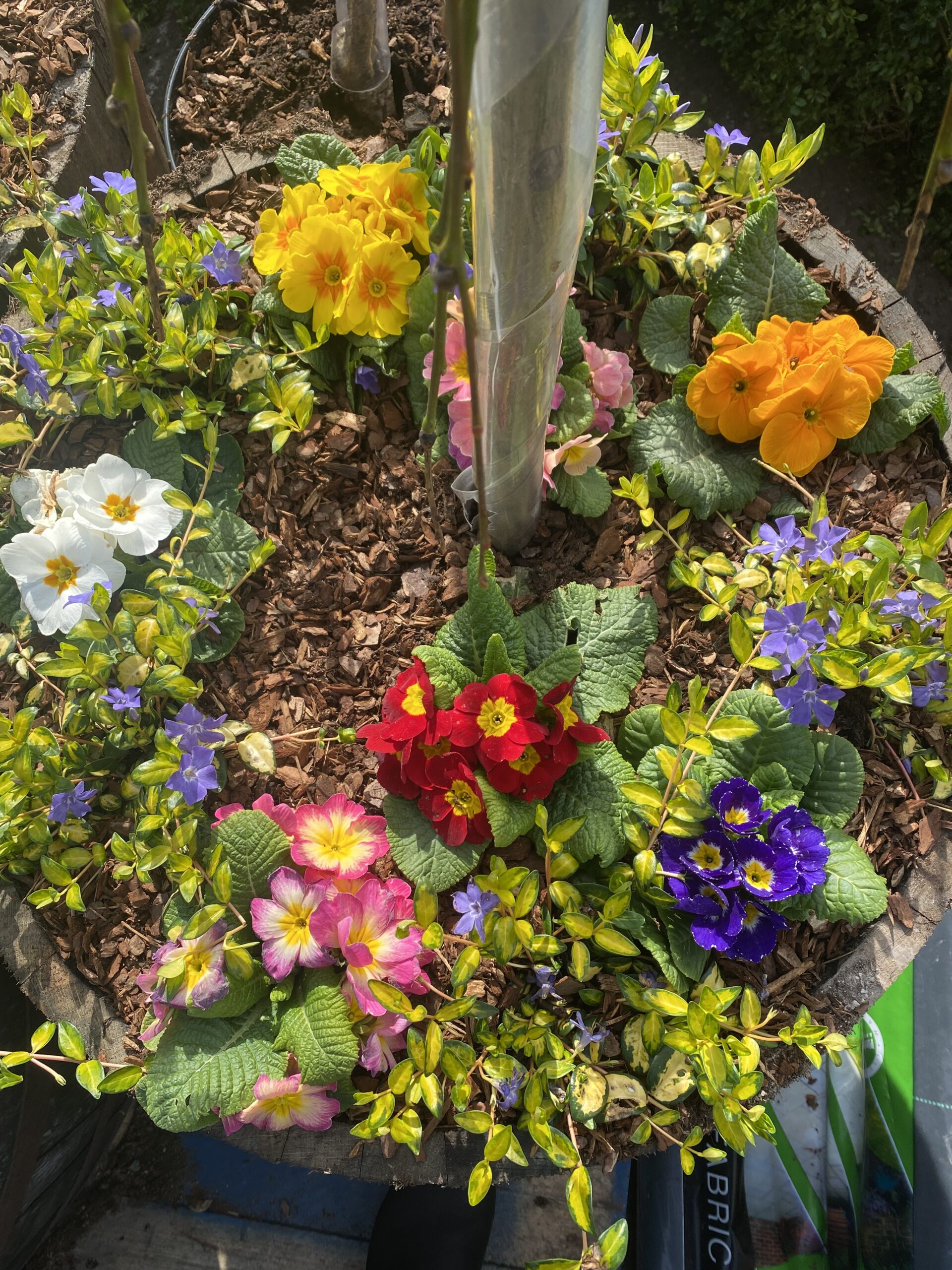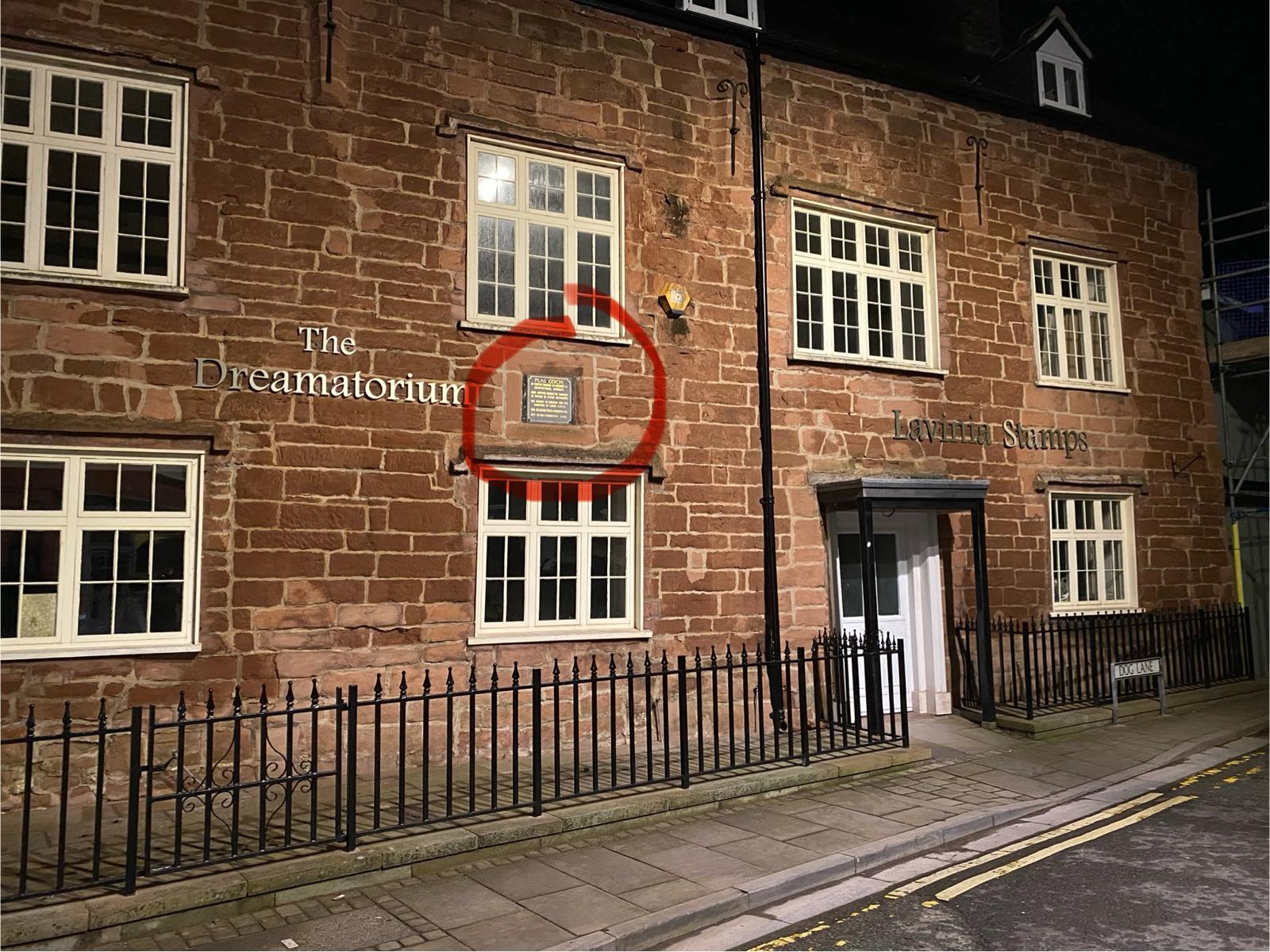
To begin researching a property can be a bit confusing.
Where do you start?
I decided to pick the brain of Joe Saunders to see if he had any hints or tips.
If you had to give anybody any tips on where to start researching their own property what would suggest?
First of all, be methodical. Look at all kinds of information and record where you have searched and what you have and haven’t found. You never know what will and won’t be useful. Make sure you have a process so you don’t have to redo work because you’ve forgotten what you found, or even whether you looked!
Second, look at the context. Buildings exist within their local area and so finding out about the place your property is in can be really important to better understand its story. This includes reading local history books and websites, talking to local historians and joining groups where you might learn about the area and perhaps even the property itself.
Third, follow the people! Buildings don’t leave historical records (other than what they can tell us themselves) but their owners and occupiers do.
Trace the individuals and families associated with your property as the best way to learn about it.


Does research only happen in the archives? Where else can you look?
Absolutely not!
A large, and growing, amount of historical material has been transcribed and digitised meaning that a lot of research can be done at home with books and the internet, and in your local library.
Sites like FamilySearch, FindMyPast, TheGenealogist and Ancestry hold versions lots of records, especially for the nineteenth and twentieth centuries.
How do you find a reputable researcher?
Word of mouth is really important as with any business. So if you’re looking for a good researcher then recommendations from people you know is always important. Beyond this, many archives have lists of independent researchers who have proven their knowledge and ability [such as The National Archives, Kew www.nationalarchives.gov.uk/help-with-your-research/paying-for-research/independent-researchers].
There are also two organisations who represent professional researchers in England and Wales and whose members have qualifications and/or have passed assessments to join. There are the Register of Qualified Genealogists [www.qualifiedgenealogists.org] and the Association of Genealogists and Researchers in Archives [www.agra.org.uk]. Someone who is a member of one of these organisations ought to be working to high professional standards.
Finally, I really would encourage anyone to research a place that is important to you, whether that be the area or building you live in, or something else entirely. It can be so much fun and very rewarding. It is a lot easier than you might think to do at least some basic research and it can be a great way to better understand the world around you.
Hope that helps, my friends!





